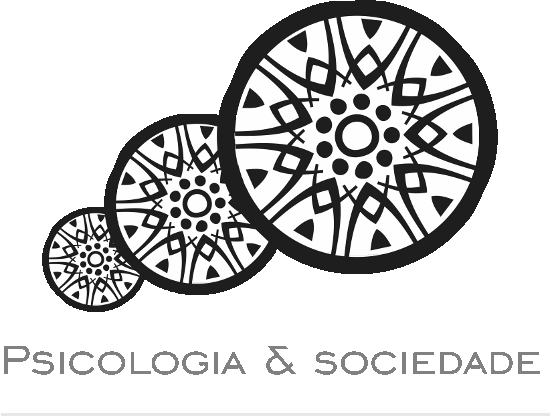This text results from a bibliographical study and from theoretical and methodological exercise on Vygotsky's work Psychology of Art (1999), aiming to deepen a reflection on the object and method of the psychology of art itself. The purpose is to discuss the possible contributions of art for human development based on the cultural-historical theory. It is proposed that the subject of the psychology of art is the study of the structure of the work, that should provoke a response and an aesthetic impact on the psyche of the spectator. It is considered that art, by its specific structure and condition of being a cultural object, can bring development to the human psyche since, among other things, it enables the duplication of the real on the intrapsychic level, to offer the spectator the experience, by indirect means, above all of emotions and non everyday feelings.
Vygotsky; psychology of art; art; human development
